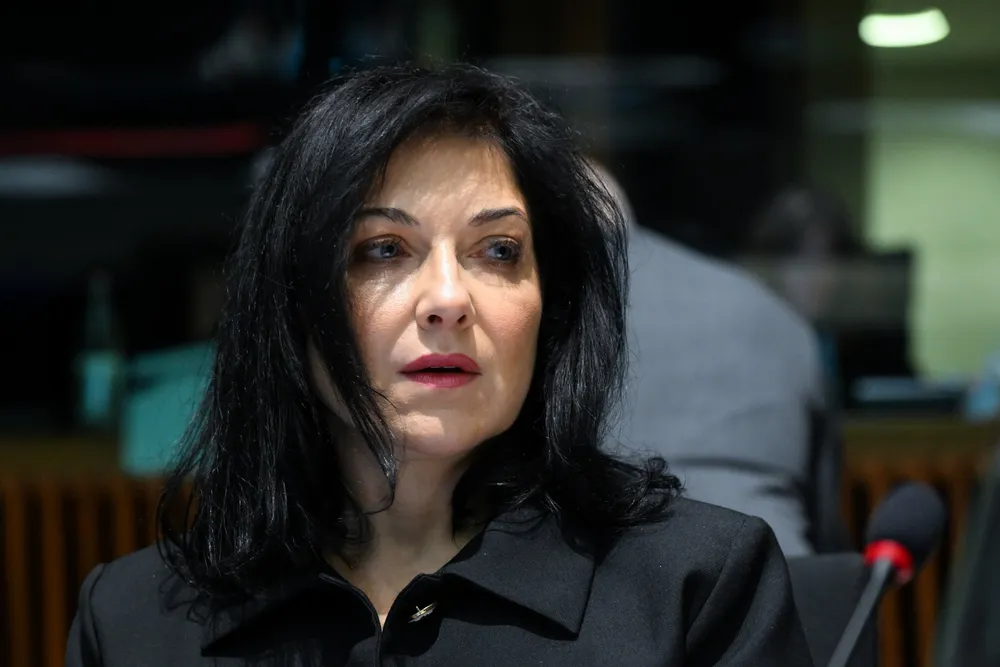‘Politicians’ greed’: Germany plans to siphon off offshore wind lease fees for general budget
Offshore wind industry chastises draft that proposes to use so-called 'transformation component' of auctions for general budget without direct link to energy transition

Germany’s new government plans to use a great part of the revenues from offshore wind lease auctions for its general budget, which offshore operators warn misjudges market realities of plunging investor interest the sector.
In a draft of the ‘budget accompanying act’ for the 2025 budget, the cabinet of Chancellor Friedrich Merz has proposed amending the country’s wind at sea bill (WindSeeG).
The draft proposes to have some of the revenues from offshore wind auctions “flow into the federal budget”.
Most of the auction revenue (90%) so far has been earmarked for a lowering of grid link fees.
The Offshore Wind Federation (BWO), a group representing offshore wind operators, cautioned that the measure would mean that most of the tender revenues would flow into the general budget without any link to the energy transition, as originally planned.
The draft bill also stipulates that parts of the revenue earmarked for marine protection and fisheries will be capped at €200m ($232m) per year.
“The auction design for offshore wind energy is no longer up-to-date. Politicians' greed for auction revenues for the federal budget misjudges market realities,” BWO managing director Stefan Thimm said.
“Offshore wind energy doesn't need revenue maximisation now, but rather a maximisation of energy and industrial policy resilience.
“Therefore, we need auctions that rely on two-sided CfDs – parallel to the current refinancing through long-term power purchase agreements."
TotalEnergies, BP and others in the past two years had pledged to pay several billions of euros for German offshore wind sites, but the lower revenues from the first tender this year and the fact that there were only two bidders left once it moved into so-called ‘negative bidding’ showed that the industry has become much more price sensitive.
Auction revenues were over 85% lower this year than in 2024, the BWO pointed out, while the reduced participation showed that investment costs have risen sharply, exacerbated by new overplanting rules.
The group said it was therefore “irresponsible” to maintain an auction system that prioritises short-term budgetary effects instead of ensuring long-term viability and the urgently needed expansion of offshore wind energy.
Billions for energy plans
The cabinet in its budget proposal also earmarked €9bn ($10.44bn) to subsidise power prices, leverage growth potential and support investments, the economics and energy ministry said.
Existing energy price relief measures will be continued, the ministry said, adding that starting next year, the government is also planning a “significant reduction in transmission network charges”.
“We are also currently developing a targeted and industry-specific electricity price reduction for companies.”
The cabinet also adopted a draft for coalition parties in parliament to turn the EU’s most recent renewable energy directive (RED III) into national legislation, in particular in regard to faster permitting procedures for onshore wind projects.
Simplifications in particular are provided for so-called designated wind energy areas, in a follow-up of EU emergency regulation that will expire at the end of this month.
The measure allows for simplified environmental assessments in ‘wind acceleration areas’.
(Copyright)